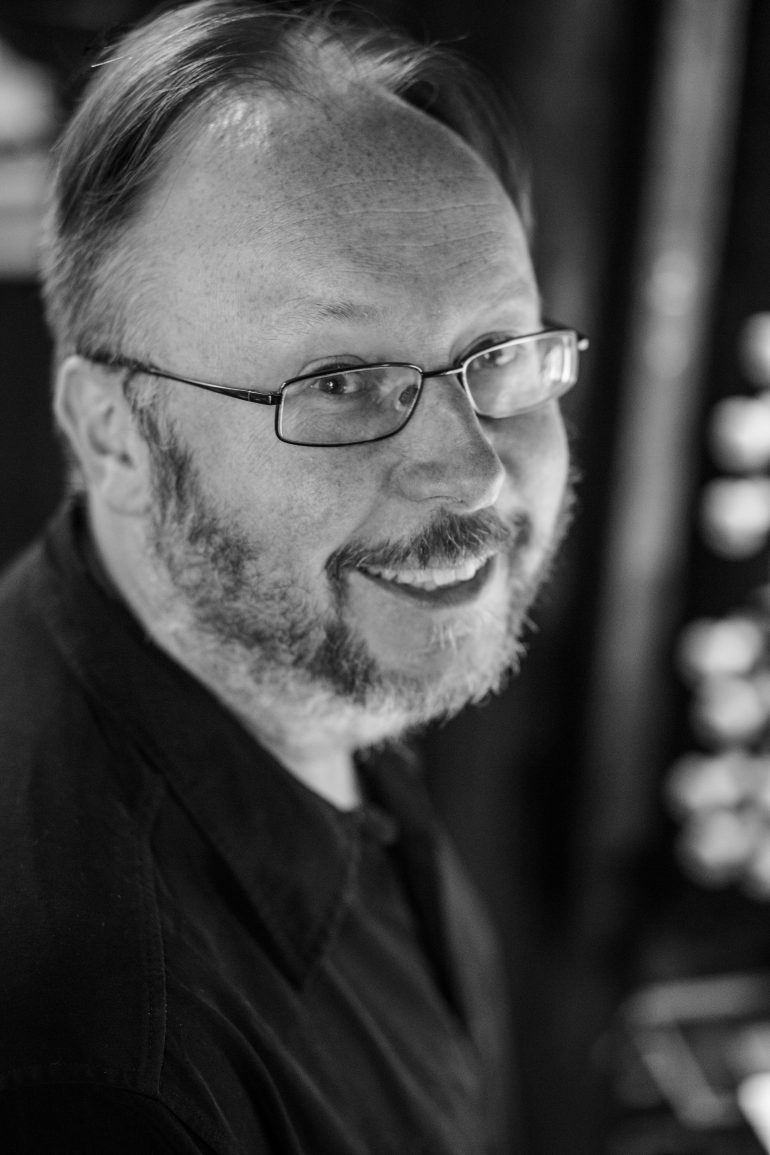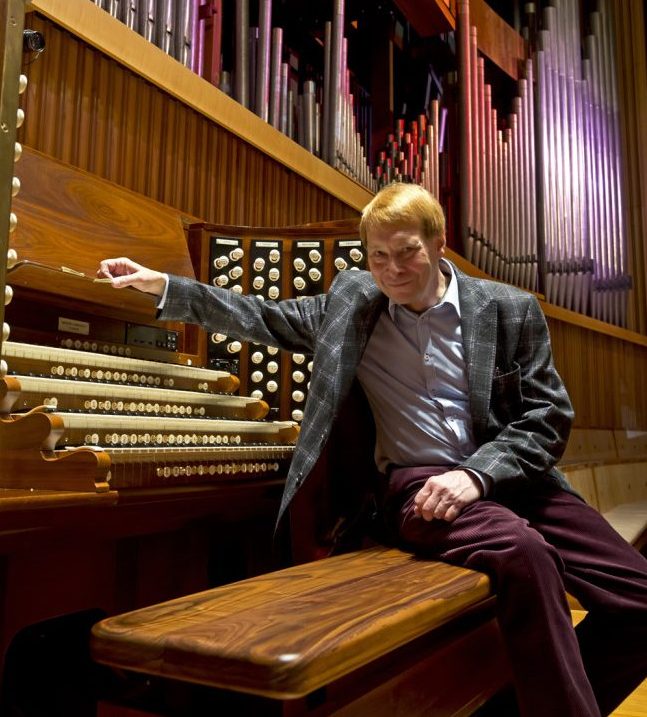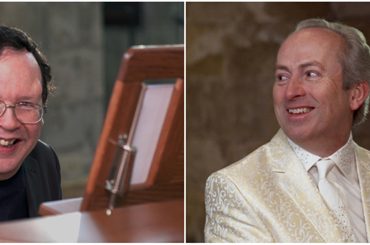In those dim and distant pre-COVID days, Paul Ayres and I got talking about possibilities in his catalogue of choral works for my church choir (keen, but light on tenors). However Paul also composes for organ, and I confess I got distracted by his organ transcriptions and arrangements of popular titles: A Whiter Shade of Pale, Fantasia on Mission Impossible, A Toccatina on Here Comes the Sun, Fantasy-Sonata Over the Rainbow….. some of these are included on his Rainbow Toccatas CD, which I’ve reviewed here.
Paul Ayres studied music at Oxford University, and now works freelance as a composer and arranger, choral conductor and musical director, and organist and accompanist. He works with several vocal ensembles – conducts the City Chorus and is associate accompanist of Crouch End Festival Chorus – and as his choirs have gone silent during lockdown, he’s created a series of informal online choir practice videos, which any choir leader would find useful: PICPOQET on YouTube.
The prize list for his compositions is impressive, as his list of commissions, vocal and instrumental, for ensembles worldwide, from the UK to New Zealand, Russia, the USA and Canada. He has recently completed a commission for music for a silent film for Access Contemporary Music, Chicago, and is currently working on several new choral works.
Before lockdown hit I asked Paul if he would do one of my Five Questions interviews: since then we’ve had this total disruption to musical life, so I went back to him recently to ask how it’s been for a composer during coronovirus.
He said: ‘At the moment, I’m getting on with many long-postponed composing and arranging projects. With a feeling of guilt attached – while I’m actually enjoying a self-indulgent (albeit enforced) “creative sabbatical”, I know that some other people are having a really hard time.’
‘When I’m contacting musicians to see if they’d like perusal scores, some say they can’t possibly think about next year’s concerts, with everything so up in the air, but others say they have more time now than usual to check out potential future repertoire.’
Paul’s catalogue is well organised for exploration, with online recordings and sample pdf pages – if you want to go straight to the organ works (including those Beatles arrangements) then click here.
In the meantime, here are his answers to my five questions:
Which piece of music are you studying at the moment and why?
I must own up to the fact that I practise only when recitals are imminent, and not otherwise! With my composer/arranger hat on, I always have several pieces on the go…
What has been your best experience as an organist?
Hard to pick out a single example. But when, occasionally, an audience member, or a passer-by during a registration session, says something to the effect of ‘Wow, I didn’t know the organ could sound like that!’ you know you’re doing something right.
What has been your worst experience as an organist?
Discounting the many times I’ve performed terribly, or played the wrong piece, or even completely forgotten to turn up to a funeral (which still, years later, gives me a cold shudder…) Once I arrived at a wedding, looking fairly smart, I thought. The best man looked me up and down and said, without a moment’s hesitation or doubt, “oh, you must be the organist.”
What’s the best piece of advice you were given by an organ teacher? (and who was it?)
I wish I could remember who gave me this tip: when practising with a metronome, don’t just use it to mark the beat, but the off-beat instead. It improves one’s rhythmic security no end!
What would be your own best piece of advice for student organists?
Listen to a recording of your playing – but not immediately after a concert or service – give it a month at least. Things are never as bad, or as good, as they seemed at the time…





